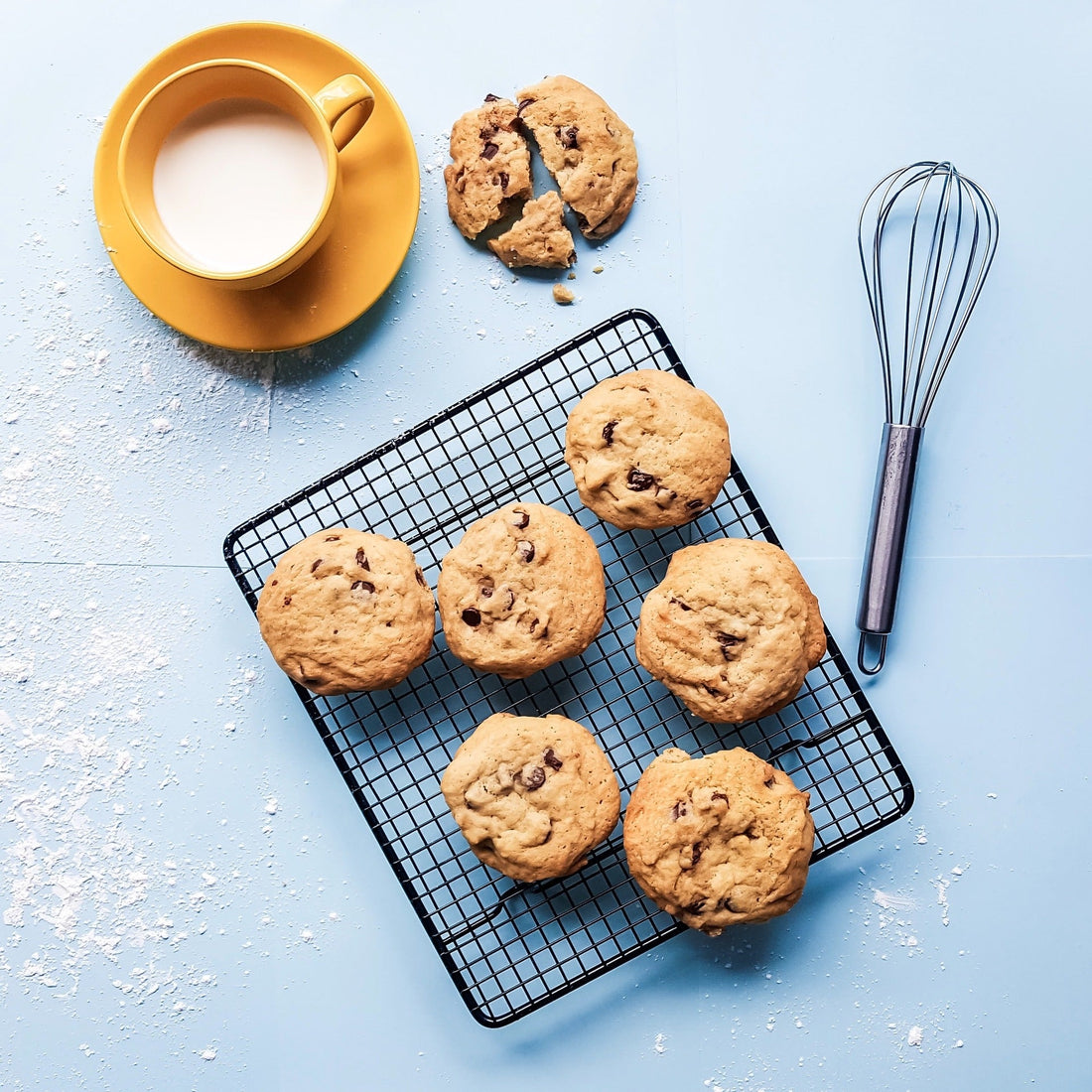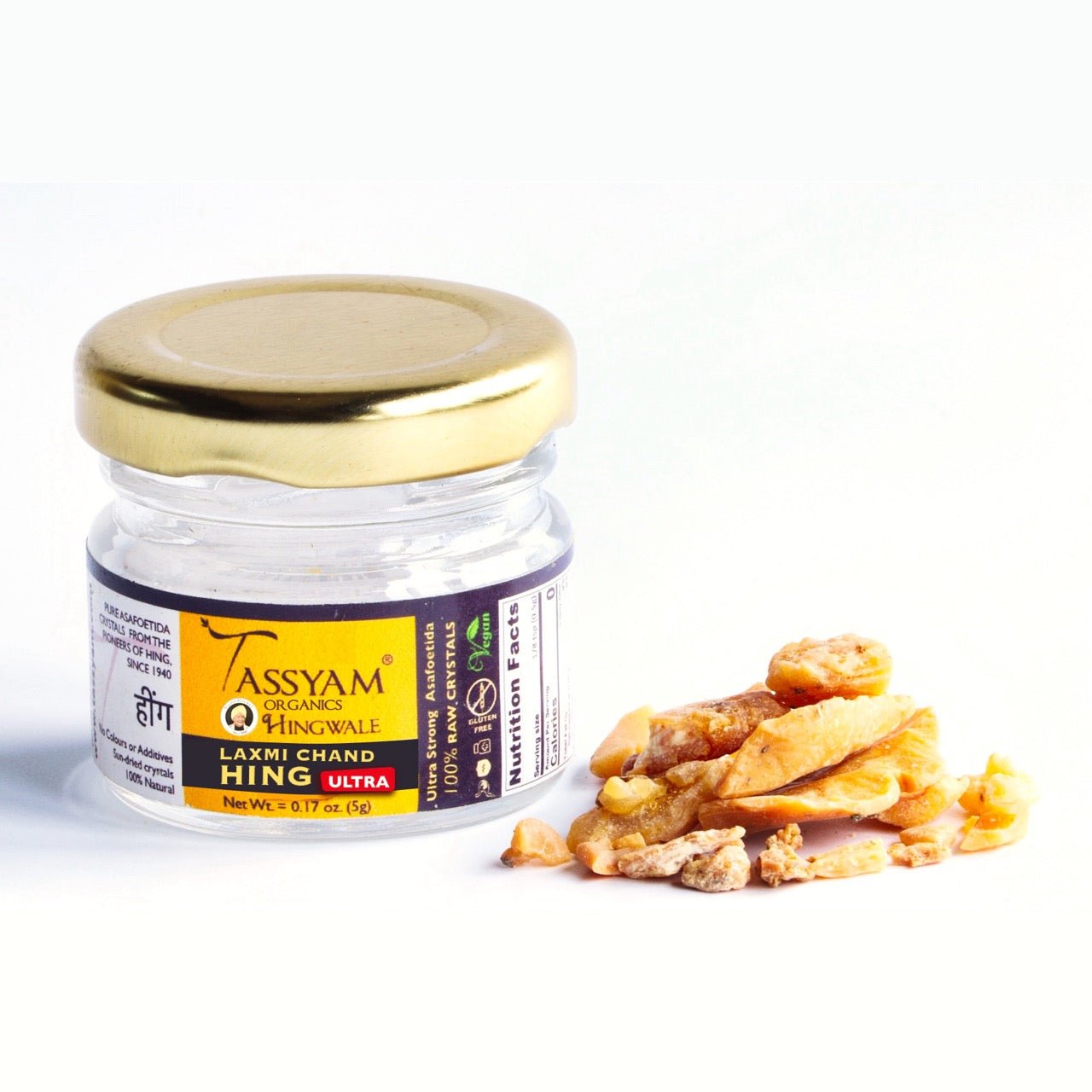
A Mini Baking Guide That will Turn Every Novice Baker into An Expert
Share

Last year when the whole country came to a standstill, when every citizen was made to take a reverse gear and refrain from going and eating out, almost every home kitchen turned into a small experiment kitchen, sometimes smelling of a good warm banana bread and sometimes of a slightly burnt but delicious chocolate cake. As the country went back to being normal, a lot of those budding bakers lost their spark of passion, and for the ones who still find therapy in baking, here's a mini baking guide with do's, don'ts and tips from a professional baker.
1. Read the Recipe properly

Reading the recipe until you have understood the entire process is way more important than the actual baking. See for the following pointers-
- oven temperature required for pre-heating and baking,
- size of the baking tin (you might have to half/double the recipe if you don't have the mentioned tin),
- temperature of the ingredients- is the butter required to be cold or at room temperature because this can really make or break your baking game!
2. Don't forget to pre-heat your oven

It's surprising to see how many people ignore the first step of any baking recipe- "Pre-heat your oven". It's written there for a very important reason. Cold ovens take longer to bake cakes or even worse, your cakes might be under baked, if not put at the right temperature. Always, I repeat ALWAYS, preheat your oven at the mentioned temperature for a minimum 15-20 minutes before you start preparing your batter.
3. Invest in a weighing scale

Measuring ingredients by volume using cups and spoons works as long as you are working occasionally and in small batches. But, if you want accuracy in the weight of your ingredients and also make the process of baking easier, it is advised to invest in a good weighing scale. Start using recipes with metric conversions because stuffing your cups with flour is undoubtedly a tiring and inaccurate process.
4. Mise-en-place

The first thing taught in a pastry school is mise-en-place, which is a French term for "putting everything in place". Every chef, before beginning the process of baking, weighs out all the ingredients and places them on their working counter. This not only ensures that all the ingredients from the recipe are weighed out beforehand, but also makes the process seamless. No more asking your mum "where is the XYZ ingredient" in the middle of preparing the cake batter!
5. Clean as you go

If cleaning the mess you just created in the kitchen is your biggest concern, then this tip is definitely for you. Keep aside the utensils, ingredients and tools you have used and might not need later. This not only keeps the kitchen mess-free but also, saves up time that you would have otherwise spent in cleaning.
6. Use good quality ingredients

This tip is an optional one. Although you can use the ingredients that are feasibly available in your city and also budget-friendly, but investing in good quality ingredients is a bonus point in baking. It will not only yield better quality end-product but is also not harmful for your health.
Shop for some 100% natural and organic baking essentials, nuts and spices that you can use in baking at tassyam.com.
These are some of the basic and easy tips that every chef and professional baker will share with you. I hope you follow these tips in your next baking session so you spend more time relishing your perfect cake and less time panicking if it'll turn out good or not.
Happy baking folks!!

